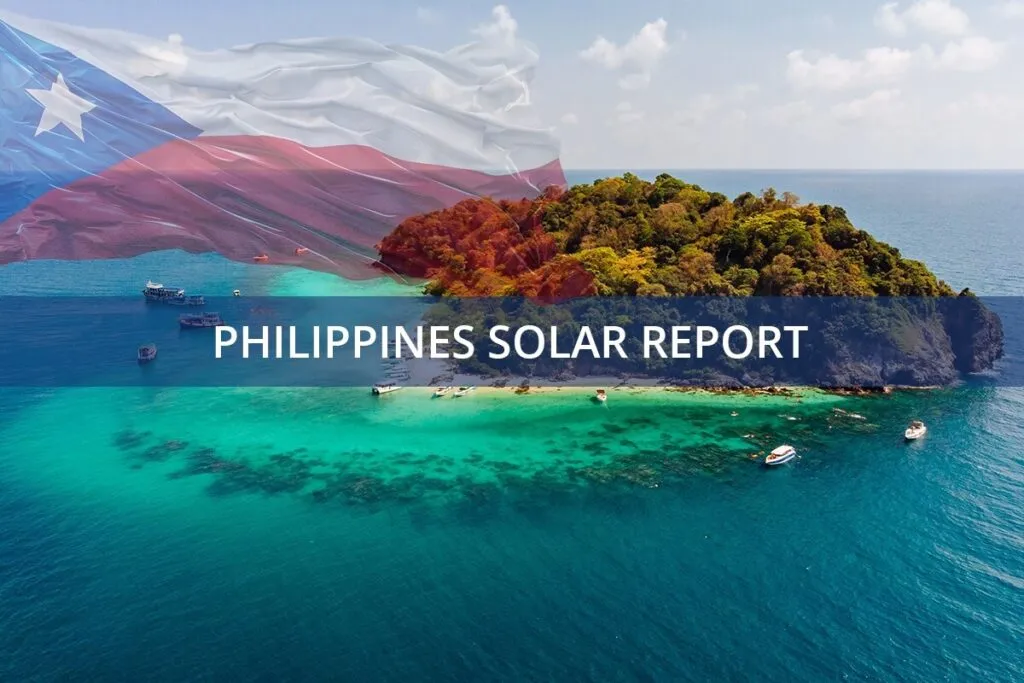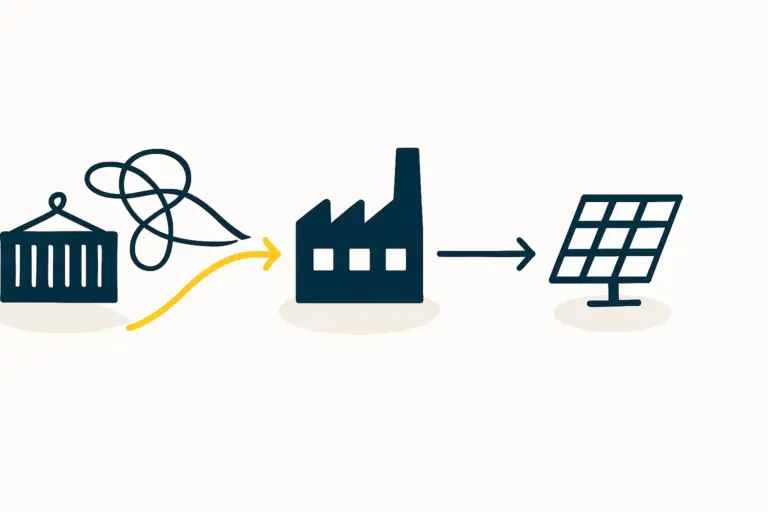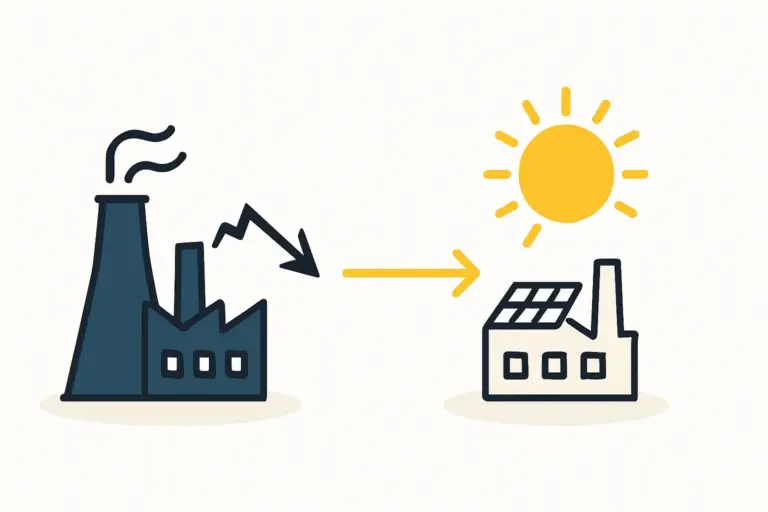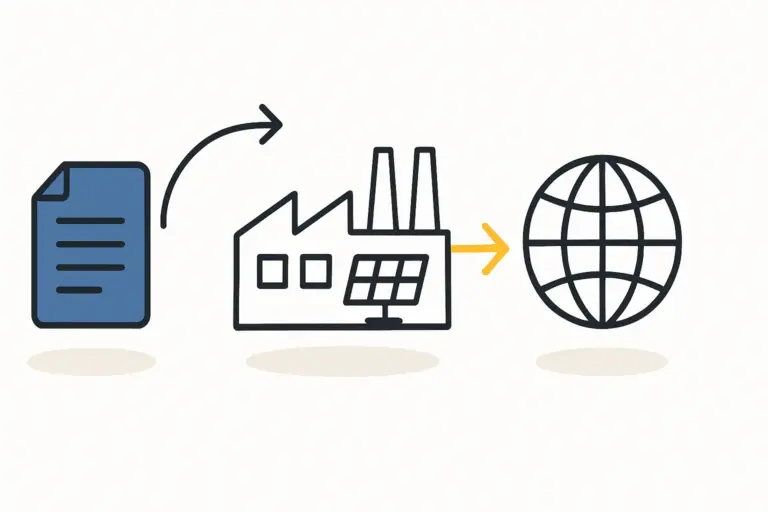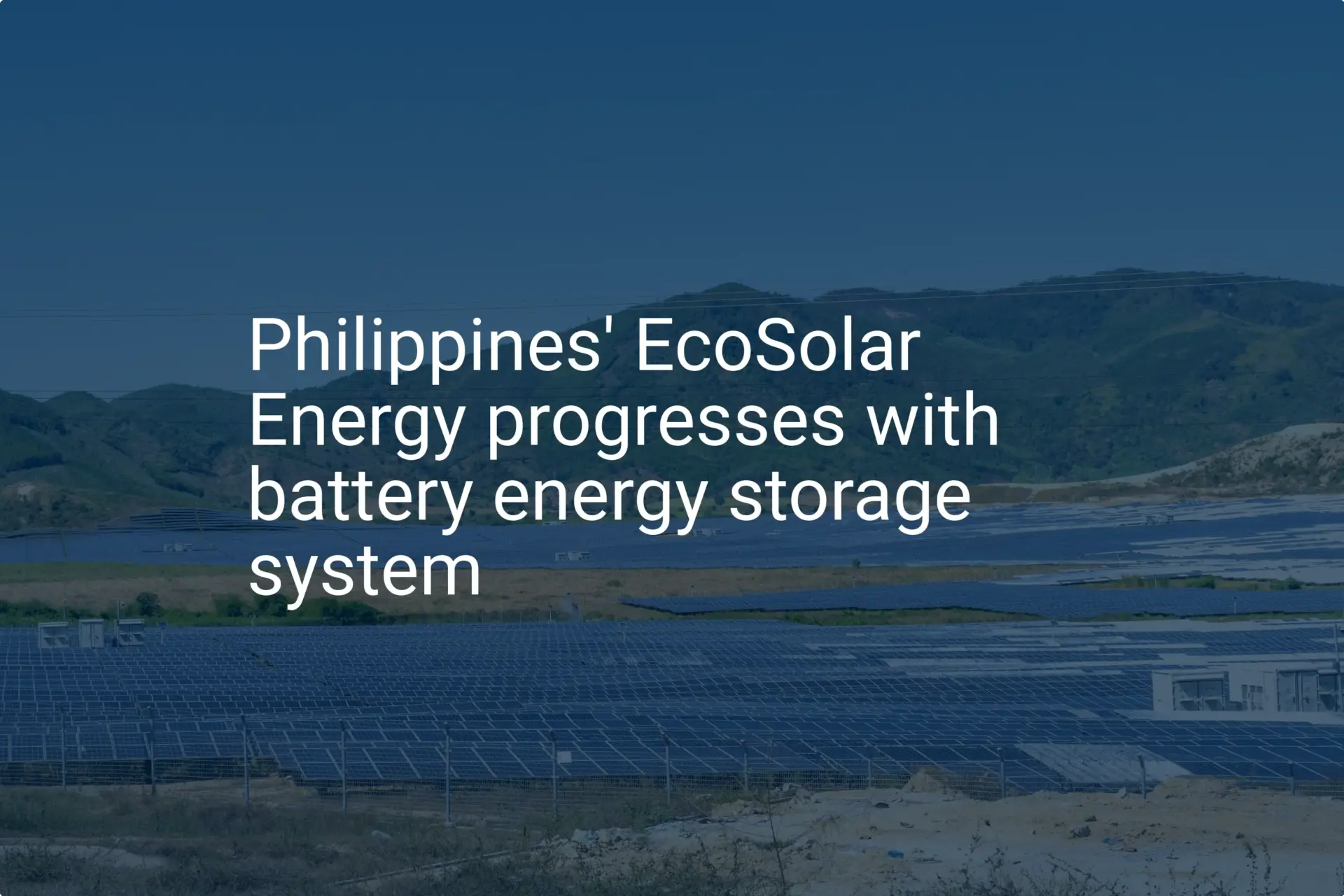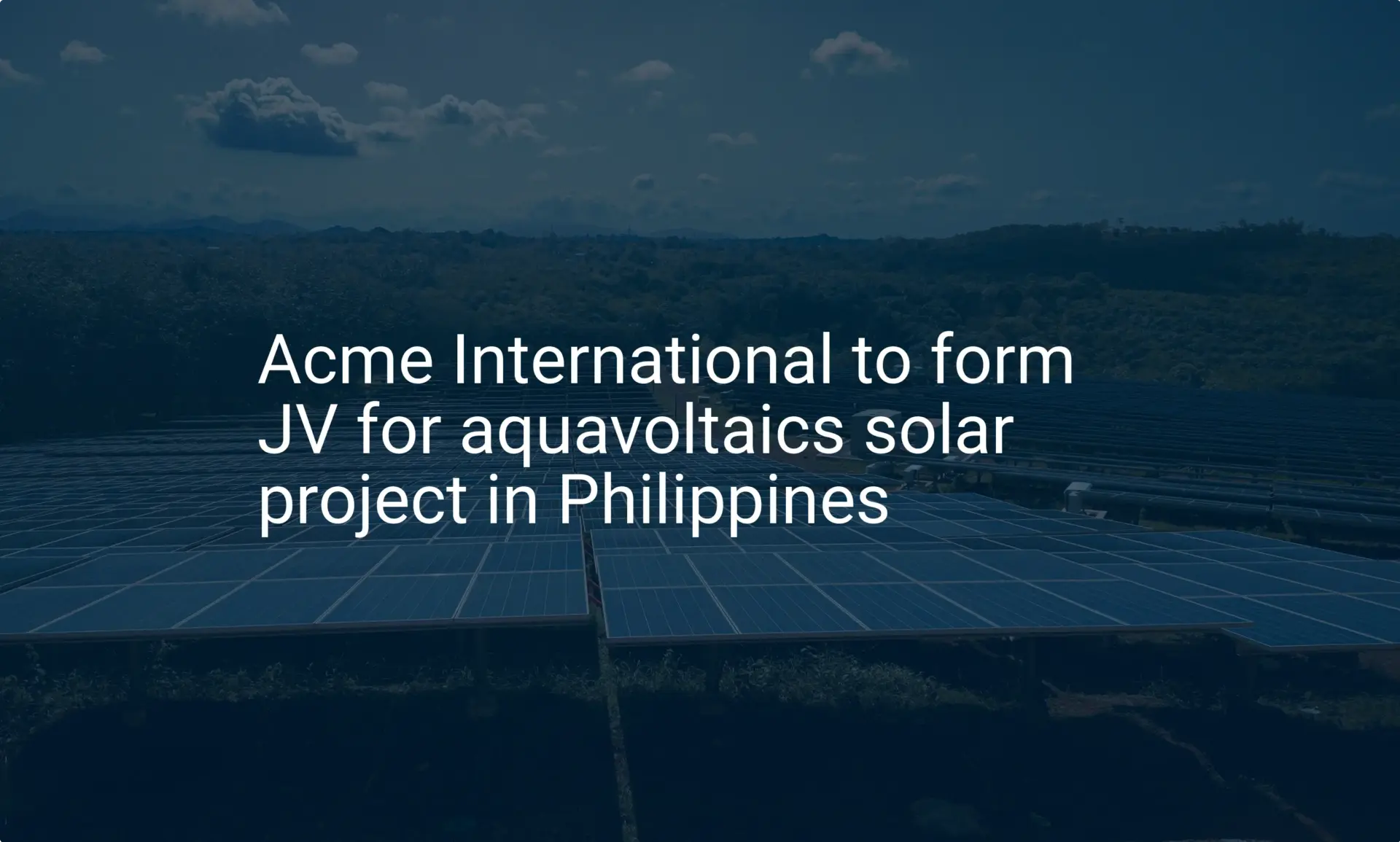When planning a new solar panel manufacturing venture, entrepreneurs often focus on the cost of production machinery. While this is a critical expense, the capital required for land and factory construction represents a substantial, and sometimes underestimated, portion of the total startup budget.
Understanding these ‘civil works’ costs is fundamental to creating a realistic business plan. This article provides an overview of the typical costs for acquiring industrial land and constructing a factory within the Philippines, specifically inside its designated economic zones. These figures offer a reliable baseline for entrepreneurs in the early stages of their feasibility studies.
The Strategic Advantage of Philippine Economic Zones (PEZA)
The Philippine Economic Zone Authority (PEZA) manages numerous special economic zones throughout the country. For foreign and local investors, these zones offer significant advantages, including tax holidays, streamlined import-export procedures, and ready access to infrastructure.
Establishing a manufacturing facility within a PEZA zone is therefore a common and strategically sound decision. The CALABARZON region (Cavite, Laguna, Batangas, Rizal, and Quezon), just south of Metro Manila, is a prominent hub for industrial development and serves as a useful benchmark for cost estimation.
Industrial Land Acquisition: Lease vs. Purchase
In PEZA zones, leasing land is the most common arrangement for foreign-owned enterprises, as it lowers the initial capital outlay and simplifies the process of securing a location. Purchasing land is also an option, though it involves a much higher upfront investment.
Based on current market data for industrial zones in the CALABARZON region, investors should anticipate the following cost ranges:
- Lease Rates: Approximately PHP 50 to PHP 90 per square meter (sqm) per month. This translates to roughly $0.85 to $1.55 per sqm per month.
- Purchase Price: Varies widely from PHP 6,000 to PHP 15,000 per sqm, or about $100 to $260 per sqm.
For a startup solar module factory on a 5,000 sqm plot, the annual land lease cost would fall between $51,000 and $93,000. This predictable operational expense is a key figure for financial projections and helps define the total investment for a solar factory.
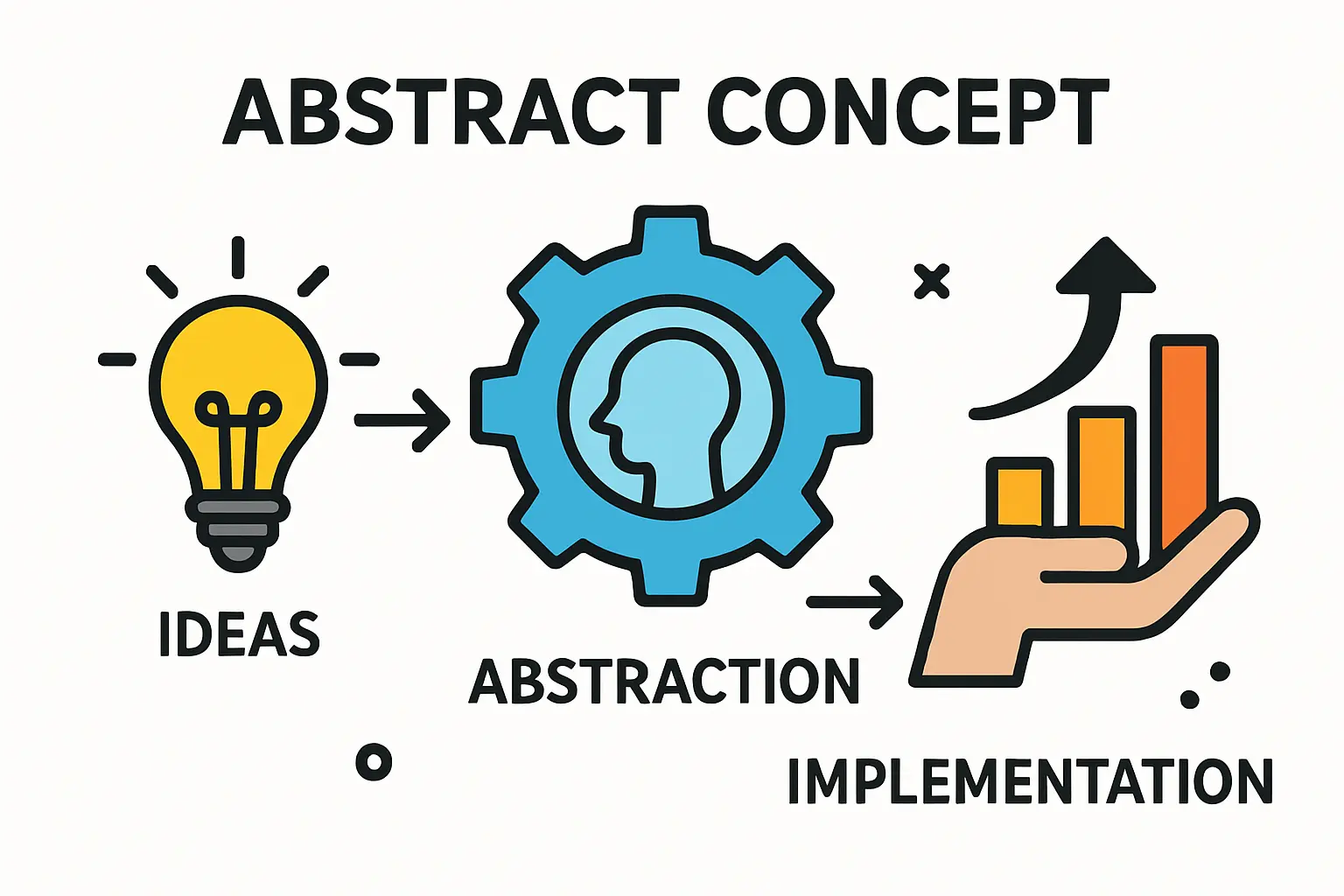
Estimating Factory Construction Costs
The cost of building a standard industrial facility in the Philippines is another critical component of the budget. This figure typically covers the core structure, including foundations, steel framework, walls, roofing, and basic flooring.
- Standard Construction Cost: The prevailing rate for building a standard factory shell is between PHP 20,000 and PHP 30,000 per sqm. In international terms, this is approximately $340 to $515 per sqm.
This budget is for the building itself. It does not cover specialized interior fit-outs such as cleanrooms, advanced HVAC systems, heavy-duty equipment foundations, or high-end office finishes, which must be budgeted for separately.
A Practical Example: Budgeting for a 3,500 sqm Facility
To make these numbers more tangible, consider a typical starter factory with a total floor area of 3,500 sqm—a size suitable for housing a 20 MW to 50 MW turnkey production line.
- Land Lease (Annual): Assuming a mid-range rate of $1.20/sqm/month for a slightly larger 5,000 sqm plot, the annual cost would be about $72,000.
- Factory Construction: Using a mid-range construction cost of $425/sqm for the 3,500 sqm building, the investment for the structure comes to approximately $1,487,500.
An investor should therefore budget in the range of $1.5 to $2 million for land access and the physical factory building alone, before accounting for machinery, permits, and other project costs. These figures, confirmed by experience from J.v.G. Technology GmbH’s turnkey projects, provide a solid foundation for initial financial modeling.
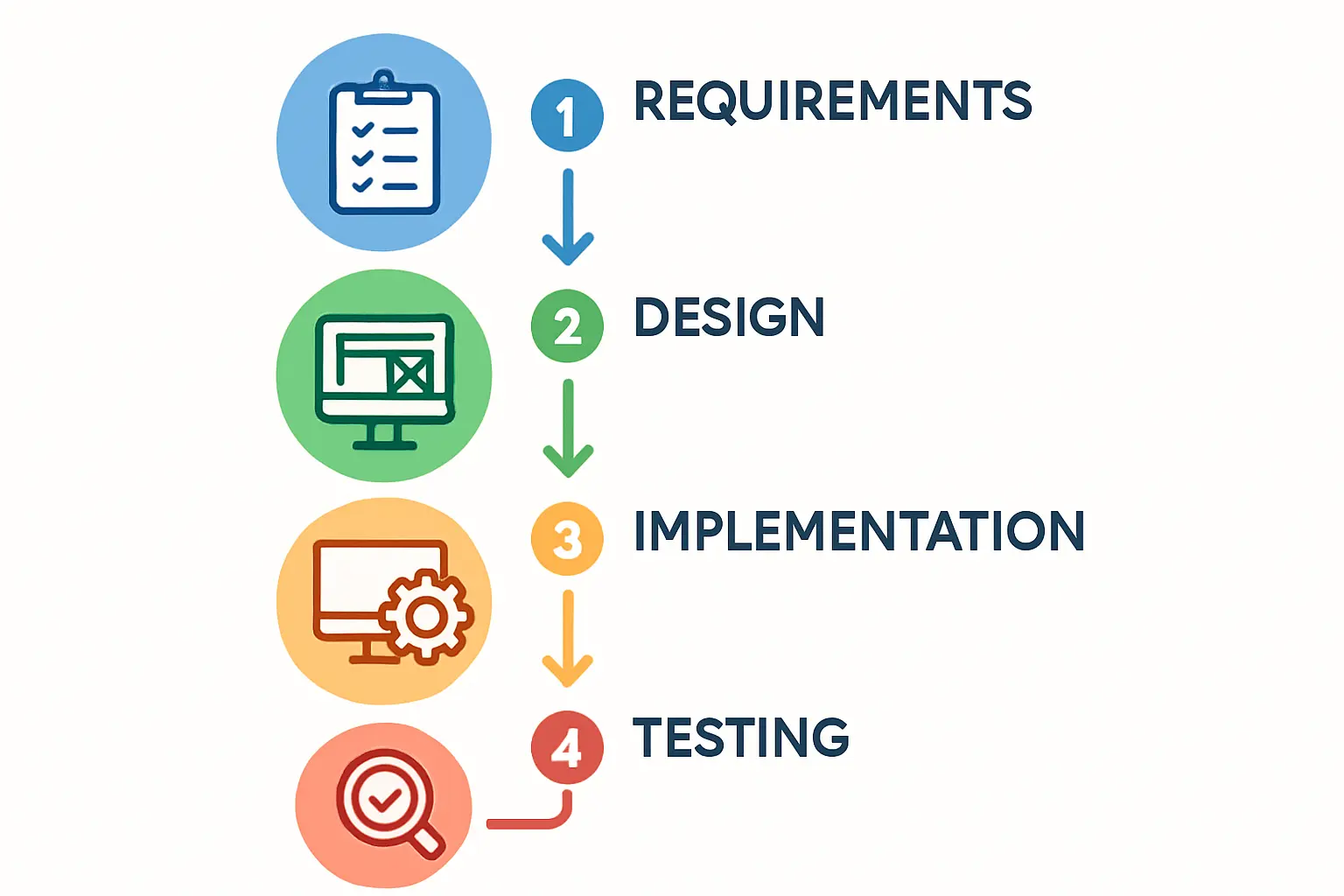
Frequently Asked Questions (FAQ)
What are the main benefits of setting up in a PEZA zone?
PEZA zones offer a package of incentives designed to attract investment. Key benefits typically include income tax holidays for several years, duty-free importation of capital equipment and raw materials, simplified customs procedures, and assistance with business registration and permits.
For a foreign investor, is it better to lease or purchase land?
Leasing is generally the more straightforward and common option for foreign entities in the Philippines. It significantly reduces the initial capital requirement and avoids the complexities associated with foreign land ownership.
Do these construction costs include specialized foundations for heavy machinery?
No, the standard construction costs cited (around $340 to $515 per sqm) are for the basic building shell. Foundations for heavy equipment like laminators or specialized cleanroom environments for cell stringing require separate engineering and budgeting, as their specifications depend on the machinery selected.
What is the typical timeline for factory construction?
For a standard industrial building of 3,000 to 5,000 sqm, a construction timeline of 9 to 14 months from groundbreaking to handover is a realistic expectation. This can vary with weather conditions, permit processing, and design complexity.
What other ‘soft costs’ should be considered?
Beyond land and construction, a comprehensive budget must also account for architectural and engineering design, government permits and fees, utility connections (power, water, data), site security during construction, and professional project management fees. These can add a significant percentage to the total project cost.

Next Steps in Your Planning Journey
A clear understanding of land and construction costs provides a crucial foundation for any successful solar manufacturing venture. With these baseline figures, an entrepreneur can develop a more accurate and credible financial forecast. This level of detailed preparation is a hallmark of successful industrial projects and a necessary step before engaging with financiers or equipment suppliers.
To get a holistic view of the entire process, from initial concept to full-scale production, explore our detailed guide on how to start a solar panel manufacturing business.

